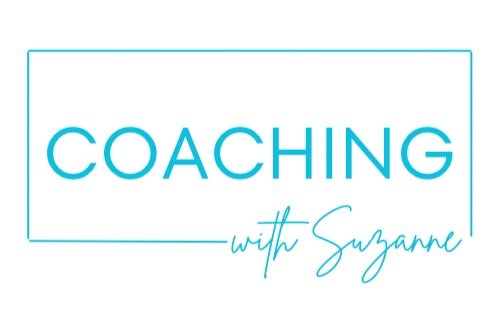You Set the Boundary…So Why Do You Still Feel Bad?
You finally said no. You set the boundary. You stood up for what you needed.
And then… you felt awful.
If this sounds familiar, you're not alone.
Many recovering people-pleasers think that setting boundaries will feel empowering—and sometimes it does. But in the beginning, it often feels uncomfortable, scary, or even downright awful.
And that doesn’t mean you did it wrong.
It means you’re healing.
Here’s what might be happening:
Your nervous system is reacting to the "threat" of disapproval
When you've spent years keeping the peace, saying yes, or managing other people’s emotions, saying no can feel like danger. Even if you know you’re allowed to say no, your body might still send panic signals—racing heart, tight chest, guilt, or anxiety. This is just old wiring. It doesn’t mean the boundary was wrong.
You're used to getting your worth from being agreeable or helpful
If your identity has been wrapped up in being the one who’s always available, kind, or easygoing, a boundary can feel like you're being selfish or rude—even when you're not. Setting a boundary disrupts the role you've always played in relationships. That can bring up grief, fear, or self-doubt.
You’re afraid of what the other person might think or do
Maybe they were disappointed. Maybe they pushed back. Maybe they said, “Okay,” but now they’re quieter than usual. When you’re sensitive to other people’s feelings, it’s easy to over-analyze and second-guess. But here’s the truth: you are not responsible for other people’s reactions to your boundary.
What to do instead of spiraling:
Take a pause. Remind your nervous system: "I'm safe. I'm allowed to have needs."
Allow your feelings. Guilt, fear, grief, worry—it’s all part of the process. Let it be there without making it mean something is wrong.
Come back to your why. Was it to protect your time? Your energy? Your well-being? You don’t need to justify it, but it’s helpful to remember your motivation.
Give yourself grace. Healing doesn’t mean you never feel bad—it means you learn how to support yourself when you do.
It gets easier
With practice, the guilt softens. Your self-trust grows. And the discomfort that once felt overwhelming starts to feel like a sign of growth—not danger.
So if you set the boundary and still feel bad… be proud of yourself anyway. You're building a new way of being—one choice at a time.
Ready for support as you break free from people-pleasing?
You don’t have to do this alone. If you’re setting boundaries but still feel anxious, second-guessing yourself, or unsure what to say next - I can help.
Learn more about how life coaching can support you.
You deserve to feel confident in your boundaries - and yourself.

